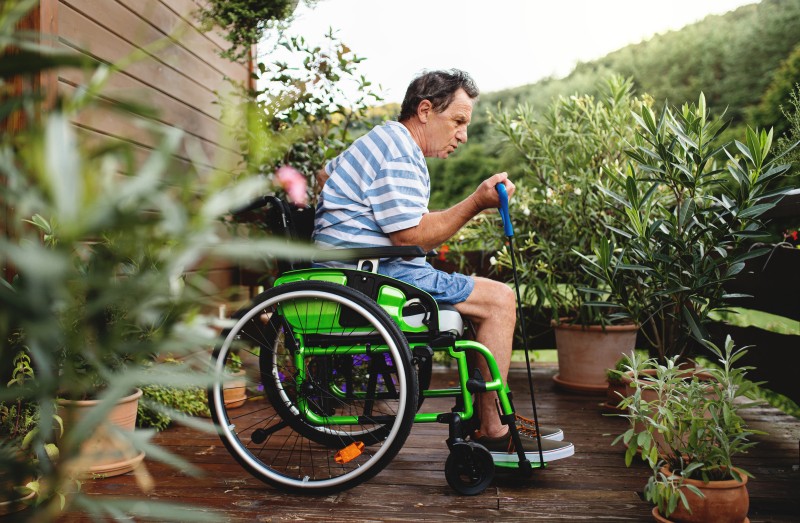The question of how long an elderly person can live without eating is both complex and sensitive. Often faced by family members and caregivers, this concern emerges during the final stages of life. Understanding the process can help in making compassionate decisions during such challenging times.

Understanding the End of Life Process
At the end of life, many factors contribute to the cessation of appetite. It is a natural part of the dying process. Frequently, when an elderly person stops eating, it signifies that their body is preparing for the end.
Why Do Elderly People Stop Eating?
Several reasons can explain the absence of appetite in seniors, such as medical conditions, medication side effects, or the bodys natural response to approaching death. It is essential to recognize these signs and understand their implications.
The Role of Hydration
While food is important, hydration plays a crucial role in comfort and health during the end-of-life phase. Dehydration can lead to discomfort, so maintaining adequate fluid intake, as tolerated, is vital.
Symptoms of Dehydration
Symptoms include dry mouth, decreased urine output, and confusion. Caregivers should monitor these signs to provide appropriate care and comfort.
The Emotional Impact on Families
The emotional toll of watching a loved one refuse food or drink is significant. Families must recognize this as a natural stage of the dying process and seek support to cope with the emotional burden.
Support Networks
Engaging with a support network or seeking professional counseling can offer relief. Resources like [Forbes care tips](https://www.forbes.com/sites/williamhaseltine/2020/01/10/top-10-tips-for-caring-for-older-adults/) can provide guidance for families during these times. Find more tips here.
Medical Intervention and Hospice Care
Hospice care provides a framework for managing the symptoms associated with end-of-life, including loss of appetite. Medical professionals can offer solutions focused on comfort rather than prolonging life.
Role of a Hospice Team
A hospice team helps address pain management, and providing emotional and psychological support. They ensure the dignity of your loved one remains intact.
Decoding the Timeline
Determining exactly how long an elderly person can live without eating depends on individual circumstances including overall health, hydration levels, and existing medical conditions. Generally, it can range from a few days to a couple of weeks.
The Importance of Compassionate Communication
Effective communication with healthcare providers ensures that everyone involved understands the care plan. Its essential to have open, compassionate discussions about the wishes of your elderly family member.
Advance Directives and Living Wills
Advance directives like living wills are essential for making one’s preferences known and respected.

FAQs
What happens if an elderly person stops eating?
If an elderly individual stops eating, it usually indicates the body is preparing for the end. Consult with healthcare professionals for appropriate guidance.
Can dehydration hasten the end-of-life process?
Yes, dehydration is a natural part of the dying process that may hasten it, but it should be managed to ensure comfort.
What should caregivers focus on?
Caregivers should focus on comfort and dignity, ensuring that emotional and spiritual needs are also addressed.
By understanding the complexities of end-of-life care, caregivers can make educated decisions that honor the wishes of their elderly loved ones. Grieving families can find more support through resources like Caring for Elders.
This article contains affiliate links. We may earn a commission at no extra cost to you.

